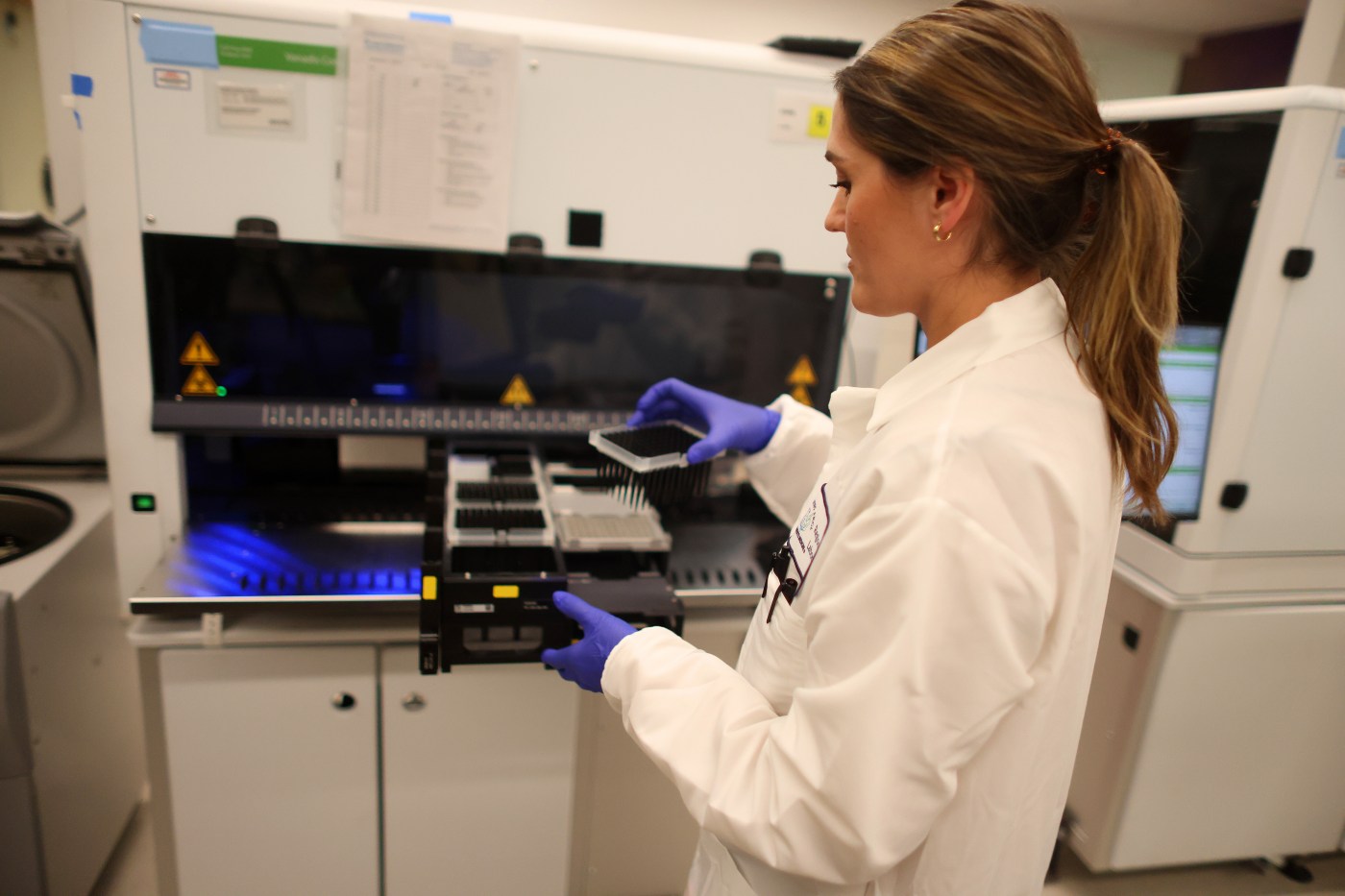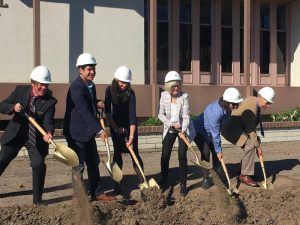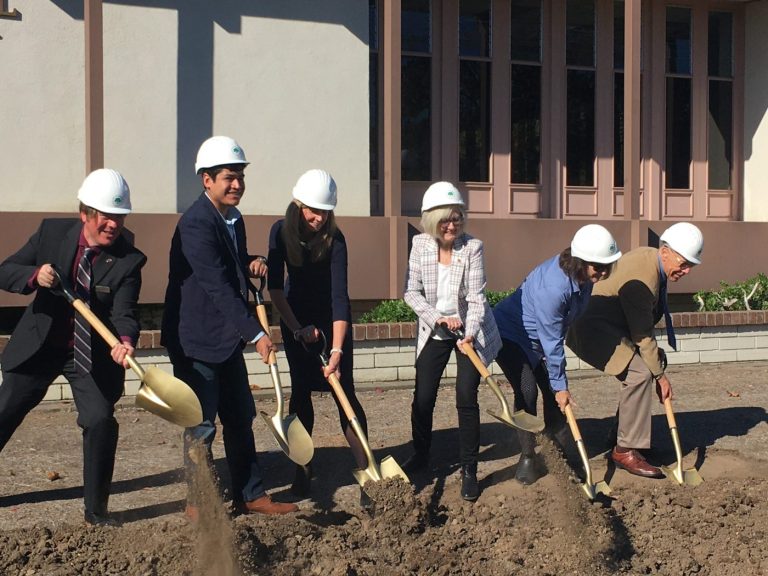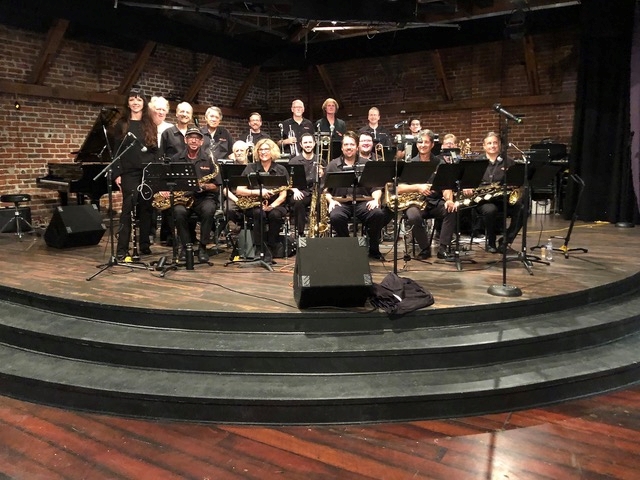An archway of blue and white balloons adorned the entrance of an otherwise unremarkable office building in San Jose this week, marking the grand opening of a new high-tech laboratory for Kaiser Permanente Northern California, which serves 4.5 million people in the region.
The new lab is an effort to expand and streamline some common genetic testing routinely done by the insurer and health care provider, and a step towards increasing access to one of the next frontiers in tech and medicine, personalized “precision” treatment based on genome testing.
“Genomics is the study of all the genes… in contrast to genetics… the study of a single condition or trait,” said Dr. Jason Rosenbaum, the director of the new lab, and a pathologist with Kaiser.
Dr. Jason Rosenbaum, a molecular genetic pathologist at the Kaiser Permanente Northern California Regional Laboratory walks through a section fo the new facility on Monday, April 1, 2023, in San Jose, Calif. The new genomics lab will expand diagnostic testing capabilities and provide early screening and intervention for its 4.5 million members. (Aric Crabb/Bay Area News Group)
Rosenbaum led a tour of the facilities Monday, taking a group of reporters and cameras from one sterile, shiny, white room to another, each with several giant printer-like machines, moving around tiny pallets with dozens of samples, as technicians in white lab coats supervised.
The grand opening marked the first time the lab ran a non-invasive pre-natal screening test, one of several pre-natal screenings that can be done. This option is done with a blood test, anytime after the 10th week of pregnancy. Advanced technology allows technicians to measures small pieces of fetal DNA in the mother’s blood, and is used to screen for certain chromosome disorders, including Down Syndrome.
Related Articles
‘Shame isn’t a solution’: California gives out fentanyl test strips amid surge in overdose deaths
Bay Area health officials urge vaccination amid measles rise
Largest egg producer in the US reports bird flu outbreak
Lawsuit seeks to force long-stalled ban on menthol cigarettes
Santa Clara Valley Healthcare nurses strike as county shells out more than $20 million on contract nurses
The lab, in its old digs, had doing about 30,000 tests a year, but all the new robotic equipment has allowed the lab to double its output, without hiring any new staff, according to Rosenbaum. They lab is planning to do over 60,000 of those tests this year, and will expand to 160,000 tests a year by 2029.
The facility was custom built for Kaiser’s purposes, with robotics that help a few technicians run dozens of tests at a time with fewer errors.
The Kaiser Permanente Northern California Regional Genomics Laboratory is set to be fully operational by the end of this year.
They are also not the biggest or most complicated-looking devices in the building, the size of a small office printer, but they do “arguably the most sophisticated medical testing humans have ever created,” Rosenbaum said.
That sophisticated testing is used to offer treatments tailored to an individual’s specific genes.
“People may see [this testing] advertised on TV, which is a unique American feature of our health system,” Rosenbaum said. “A lot of the targeted drugs that are advertised in sporting events like the Super Bowl, are for mutations that are specific to a given kind of cancer. Up to this point, all of that testing has been sent out to reference laboratories. Our plan in the next five years is to internalize all of that to offer it in our system to our patients.”












